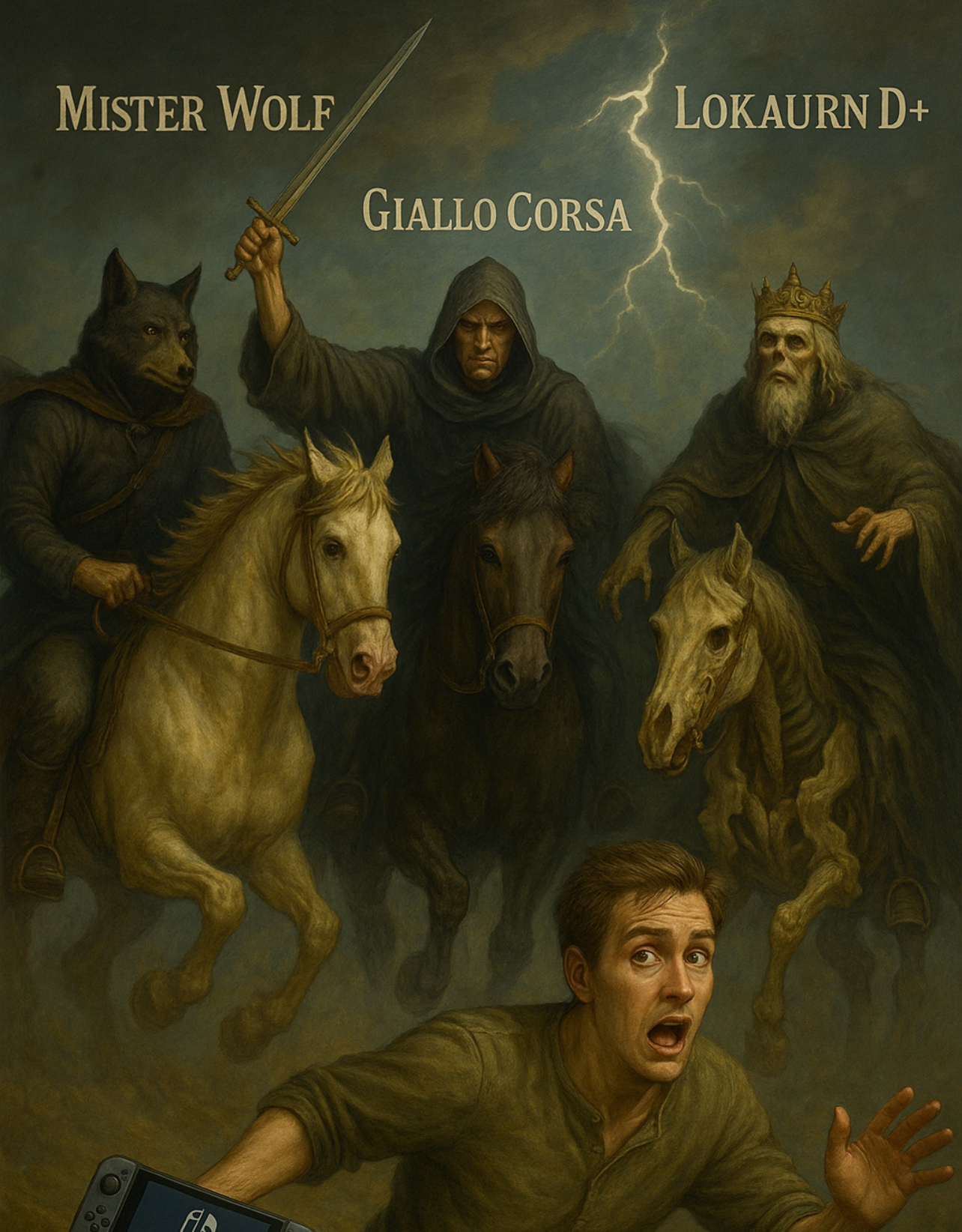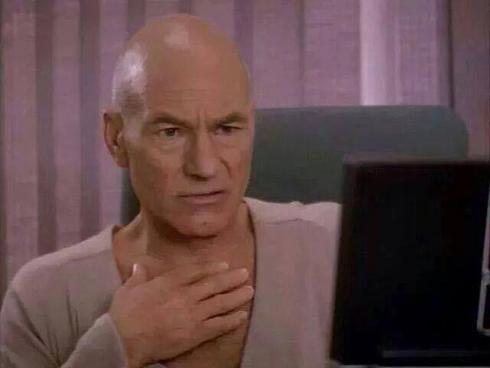Kataploom
Gold Member
Summary (AI)
The improvements for Zelda: Breath of the Wild and Tears of the Kingdom on the Switch 2 are substantial, particularly in resolution, frame rate, and visual quality. Both games maintain a dynamic resolution system but achieve much higher peaks on Switch 2 compared to the original Switch. In docked mode, resolution boosts from a 900p target on the Switch to up to 1440p peak on Switch 2, with rare dips to around 810p during intensive scenes like using the ultra hand ability. Handheld mode also sees an upgrade from 576p-720p on the original Switch to 648p-1080p on Switch 2.Frame rate improvements are especially notable. Tears of the Kingdom on the original Switch often dropped below 30fps, sometimes hitting as low as 20fps during complex physics or battles. On Switch 2, these issues are resolved, with a stable 60fps lock even in demanding scenarios. Breath of the Wild also benefits from a smooth 60fps on Switch 2, compared to occasional sub-30fps dips on the original hardware.
Additional enhancements include higher resolution textures—leading to larger install sizes (Breath of the Wild grows from 14GB to 24GB, Tears of the Kingdom from 16GB to 20GB)—improved shadow resolution and ambient occlusion, and faster loading times (e.g., loading the Great Plateau Tower in 11 seconds on Switch 2 versus 23 seconds on the original Switch). However, some issues remain, such as persistent aliasing and shadow flickering, and the games still use older upscaling tech (FSR1) rather than more advanced solutions like DLSS.
Technical Key Points:
- Resolution: Docked mode peaks at 1440p (vs. 900p originally), handheld up to 1080p (vs. 720p).
- Frame rate: Switch 2 achieves stable 60fps (vs. 20-30fps drops on Switch).
- Texture quality: Significantly improved with larger file sizes.
- Shadow resolution and ambient occlusion: Enhanced but still imperfect.
- Loading times: Dramatically reduced (e.g., from 23 to 11 seconds).
These upgrades make the Switch 2 editions far more visually impressive and smoother in performance, particularly for Tears of the Kingdom.
Amazing enhancements so far, I can finally play without thinking on how choppy the camera movements or Link running animation looks even tho Switch 1 version was basically locked 30 fps 90% of the time (it's the frame rate itself which I can't stand anymore).
Textures are transformative, imo, that's something you can't replicate on an emulator unless someone wants to make enhanced versions of the textures by themselves for free, which someone was doing but they literally make new textures so it doesn't count for me (art direction fidelity, etc.).
They lament that Nintendo isn't using DLSS but, again, Nintendo internal engines didn't support TAA and motion vectors so they'd have to get into engine internal components just to do that, that's why DKB, MKW and all Switch 2 enhance editions from them are just running native or dynamic resolution.
And lastly, I once had the frame rate tanking in TOTK for like 1 or 2 seconds during some intense moment but that was about it, I guess you can't fully control the performance in an open world game such a level of entropy but even then I never had any other frame rate dip at all.
Textures are transformative, imo, that's something you can't replicate on an emulator unless someone wants to make enhanced versions of the textures by themselves for free, which someone was doing but they literally make new textures so it doesn't count for me (art direction fidelity, etc.).
They lament that Nintendo isn't using DLSS but, again, Nintendo internal engines didn't support TAA and motion vectors so they'd have to get into engine internal components just to do that, that's why DKB, MKW and all Switch 2 enhance editions from them are just running native or dynamic resolution.
And lastly, I once had the frame rate tanking in TOTK for like 1 or 2 seconds during some intense moment but that was about it, I guess you can't fully control the performance in an open world game such a level of entropy but even then I never had any other frame rate dip at all.
Last edited:







